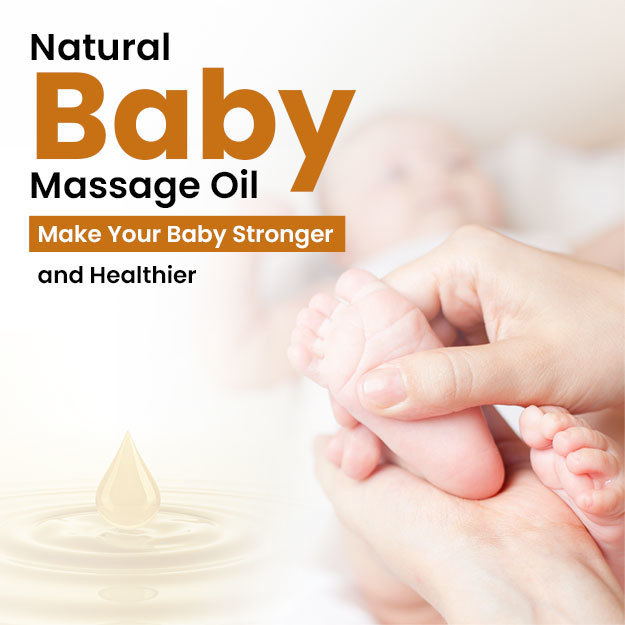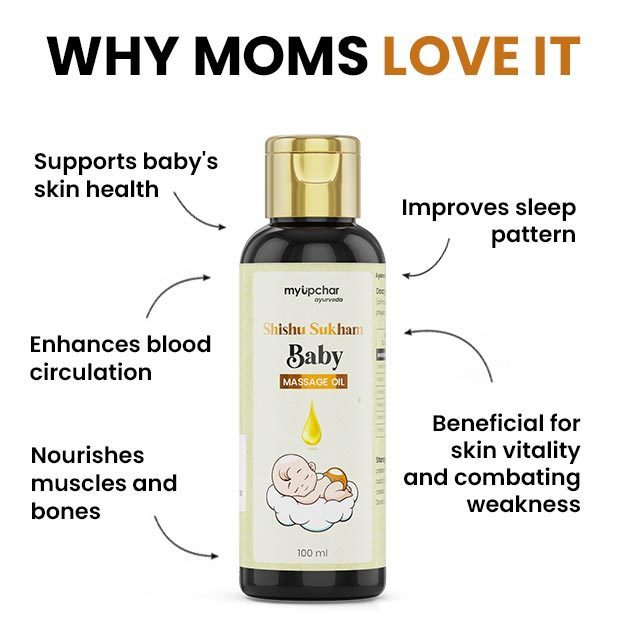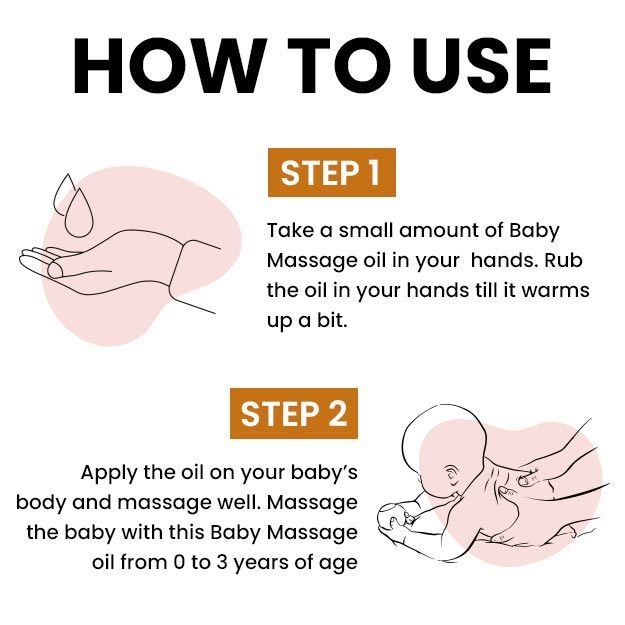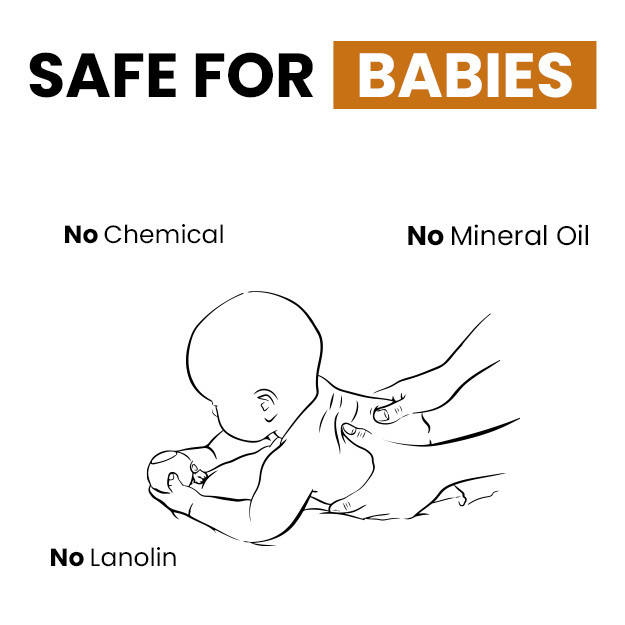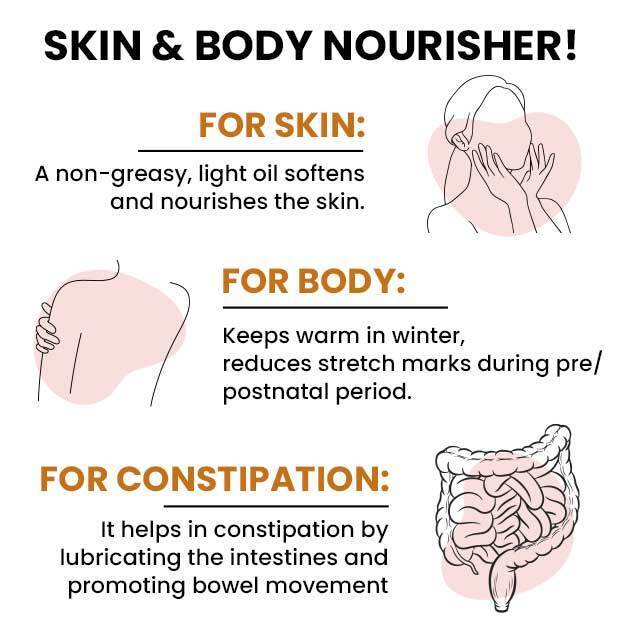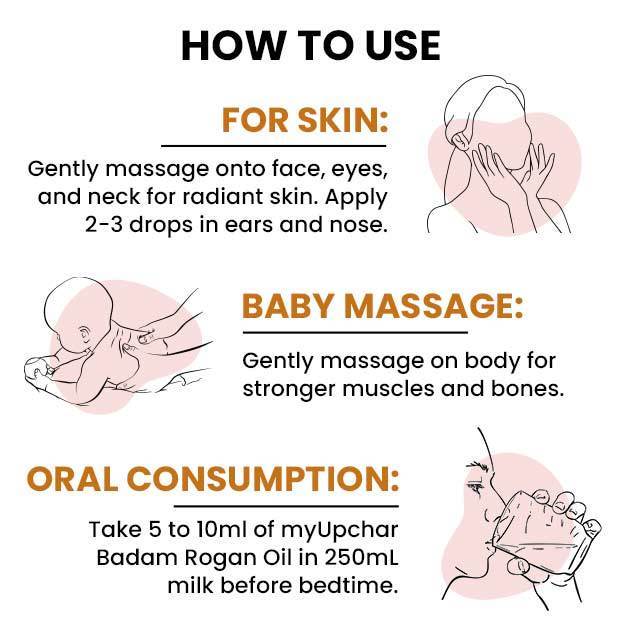Now that your baby is four months old, you should be enjoying your time with your little bundle of joy even more. Not only is your baby engaging your attention with his or her increased physical movements, but is also able to respond to your voice with gurgles, coos and undecipherable chitter-chatter. Your baby might even be mimicking your tone and voice, and respond to them with a multitude of facial expressions.
Yes, this is indeed a joyful stage of development for your baby and you. To make sure your baby grows properly you have to increase his or her playtime and provide an environment where he or she can feed and sleep properly. Your baby will now sleep at night without waking up for a feeding or change, which should give you enough time to sleep as well. Breastfeeding your baby should be continued at the age of four months since the baby will derive nutrients and antibodies from breast milk at this stage too.
However, it is equally important to ensure that the baby is vaccinated against a number of diseases. Your baby will receive the second round of vaccines for diseases like rotavirus, polio, diphtheria, tetanus and whooping cough this month. Make sure you hold your baby properly while vaccines are administered, soothe him or her, and keep a lookout for any rashes or reactions to the vaccines.
If you’re a working woman, then this is the month when you should slowly accustom your baby to stay without you for short periods of time. This will help the baby cope with separation anxiety when you rejoin work. Here is everything you need to know about your baby’s development during the fourth month.






